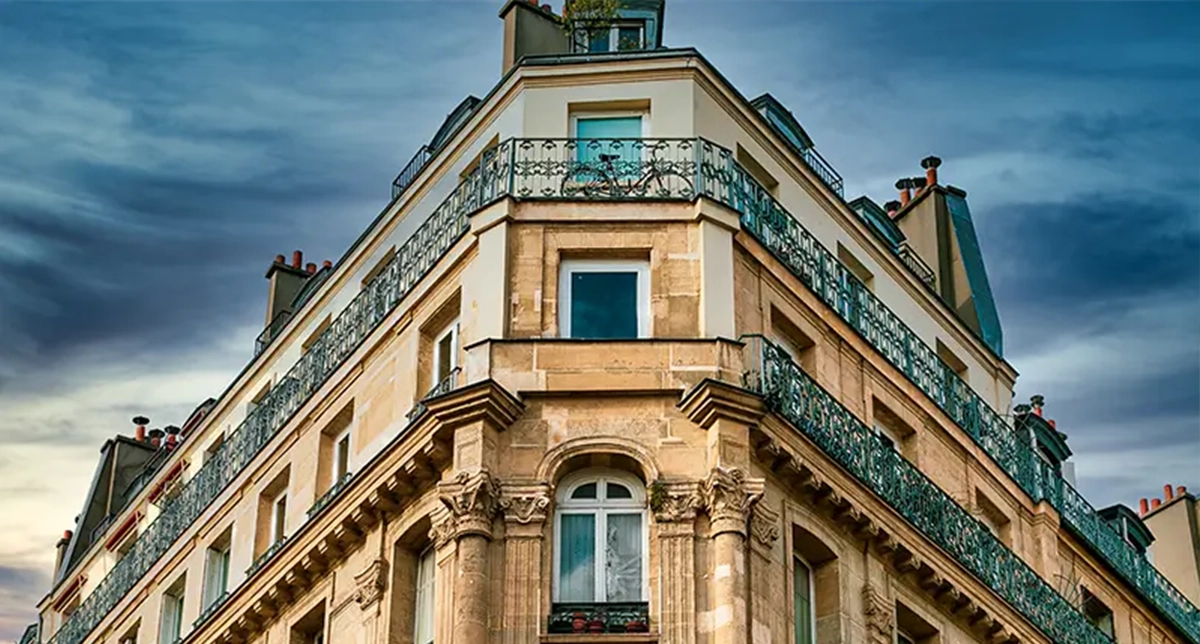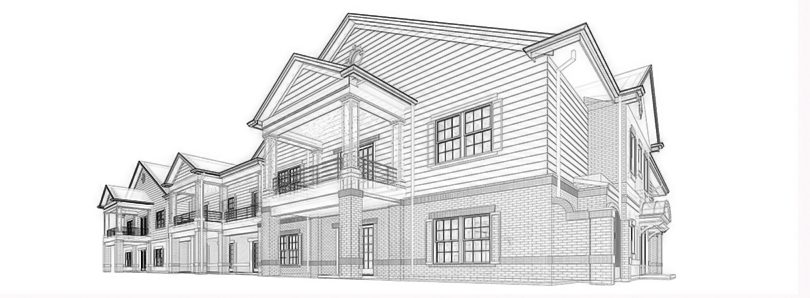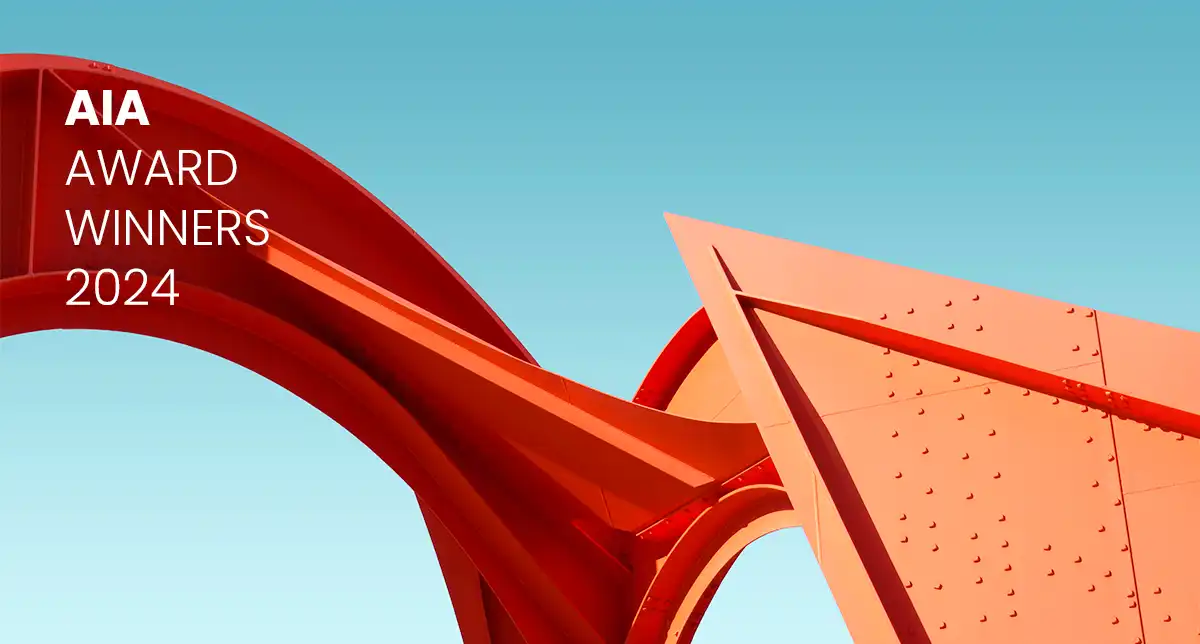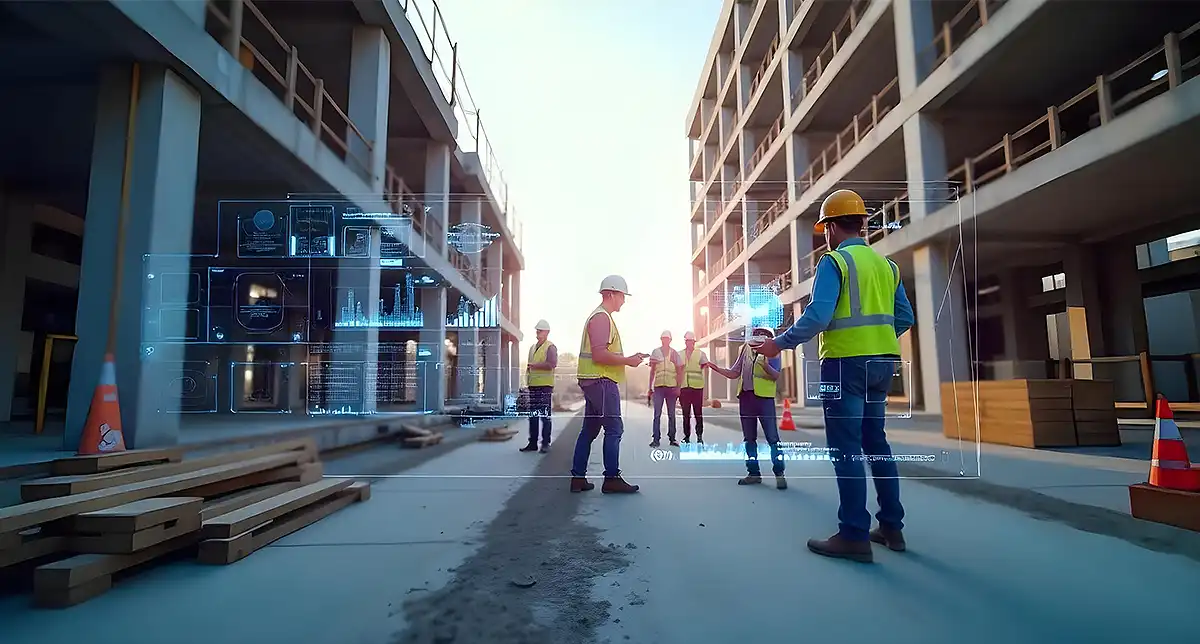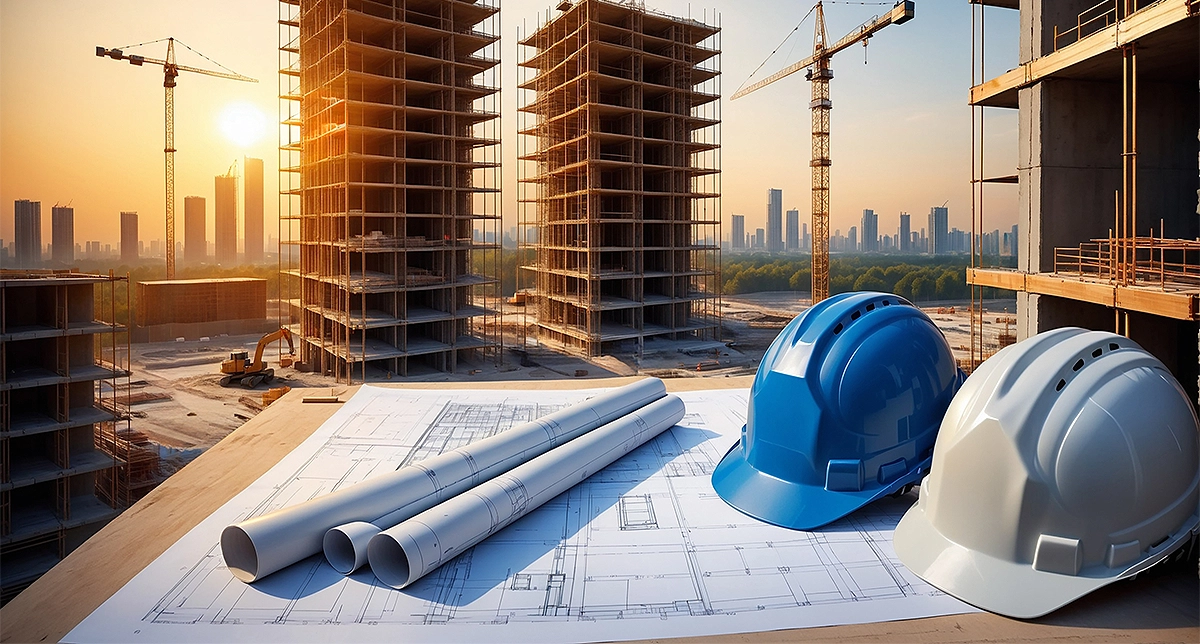The concept of travel is as old as humanity itself, with early civilizations journeying for food and shelter. Over time, travel evolved from necessity to a flourishing industry. The modern tourism industry is a product of innovation in transportation, communication technology, and, most importantly, hospitality.
The core of tourism lies in hospitality, derived from the French word “Hospice,” meaning “taking care of travellers.” Early hospitality involved offering travellers rest on kitchen floors or other spaces. The first purpose-built lodging facilities were created by monasteries, giving rise to the lodging industry. Inns emerged in the late 1700s, offering travellers shelter, food, and care for their horses, laying the groundwork for the modern hospitality facilities we see today.
What is Hospitality?
Hospitality is the art of making guests feel welcome and at ease. It encompasses the warm reception and treatment guests receive and aims to create a memorable experience. This concept is about evoking feelings of comfort and enjoyment, ensuring that every interaction contributes to a positive, holistic experience.
19TH CENTURY: Luxury Enters Hospitality Industry
The 19th century marked a significant shift in hospitality. While inns previously offered basic lodging, the desire for luxury emerged. This led to the rise of hotels, offering improved rooms, dining areas, and enhanced services.
The 1829 construction of the Tremont Hotel in Boston, designed by Isaiah Rogers, was a landmark. This first luxury hotel boasted private bathrooms, door locks, and a steam-powered water system, setting a new standard for the industry.
Hotels began competing on service, creating bars as a key attraction and enhancing their architecture and aesthetics. Multi-story hotels with ornate exteriors, decorated ceilings, and crystal chandeliers became the norm, solidifying the trend towards luxurious hospitality.
20TH CENTURY: The Rise of Modern Hospitality
The 20th century witnessed a dramatic shift in the hospitality industry, transitioning from a cultural practice to a booming business. The rise of modern transportation fueled travel demand, creating a fertile ground for the emergence of large hotel chains. This period saw the establishment of industry giants like Hilton, Marriott, Sheraton, and Hyatt, igniting a wave of competition.
The evolution of hospitality architecture played a pivotal role in this transformation. Architects began designing hotels to cater to the evolving needs of travellers, focusing on comfort, functionality, and aesthetics. This era saw the rise of iconic hotel designs, often incorporating innovative materials and construction techniques.
The story of Holiday Inn exemplifies the changing landscape. Kemmon Wilson, frustrated by the lack of family-friendly and affordable accommodations, founded the first Holiday Inn in 1952. Their focus on family-friendly hotels, coupled with a commitment to standardized design and construction, led to phenomenal growth, reaching 1000 locations by 1968. Holiday Inn’s success highlighted the importance of architectural design in shaping the modern hospitality experience.
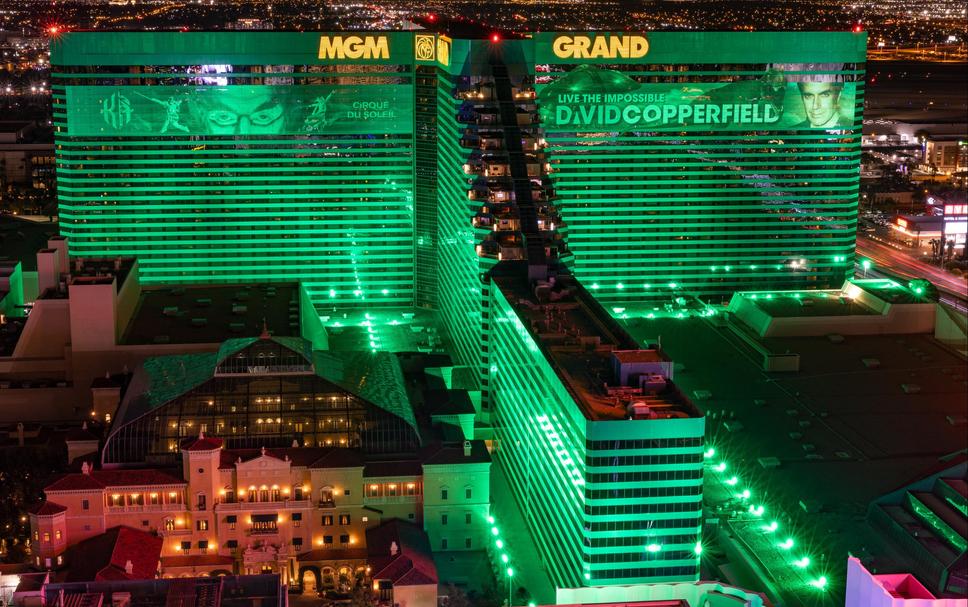
Cars became extremely popular in the mid 20th century. Intercity traveling became more convenient because of the well-connected network of roads. These factors favored the growth of Motels. The word motel is made up of “Motor and Hotel”. Motels were small 10×10 Ft wooden cabins for the travelers to take rest during the night journeys. These motels were built alongside the main highways to host more and more people who might want to take rest for a few hours or stay overnight during their journey. The concept of the motel was well received and they grew exponentially in numbers in a later stage. The motels were affordable and convenient and that is the reason why the concept of Motels was well received.
21ST CENTURY: TECHNOLOGICAL INTEGRATIONS IN THE EVOLUTION OF HOSPITALITY INDUSTRY
While it all started with providing only a place for sleeping, the traditional hospitality industry has evolved to become what we see today. Despite all the changes the industry saw, the customer has always been the center. It is consistently evolving to become more advanced. In this new century, the hotels reached the new heights, literally. Some of the tallest hotels were built in the 21st century. The technological advancements in the Engineering Design Services made it all possible. Hotel Fairmont Makkah and Burj al Arab are some examples of it.
Founded in the year 2008, Airbnb opened up a new segment in the hospitality industry. It acts as a marketplace connecting people who wanted to rent their property with those who want to rent it. Since more and more people are traveling for business or for leisure, this gives them a very convenient and affordable option. Also, there has been seen a great hike in the number of solo travellers globally. These solo travellers not much bothered about the amenities. They don’t mind sharing spaces. They love meeting and interacting with locals as well as fellow travellers. And that is why concepts of youth hostels and home-hospitality have become new trends. The Internet helps a lot to such hospitality businesses. People can see the availability, photos, and reviews from other users. Today, we can browse through all our possible option for staying in any part of the world. We can know about services and amenities. Not only we can reserve our stay but we can also pay in advance. The recent trends in the evolution of hospitality industry favor the construction of hotels which has a classic historic touch integrated with modern services.
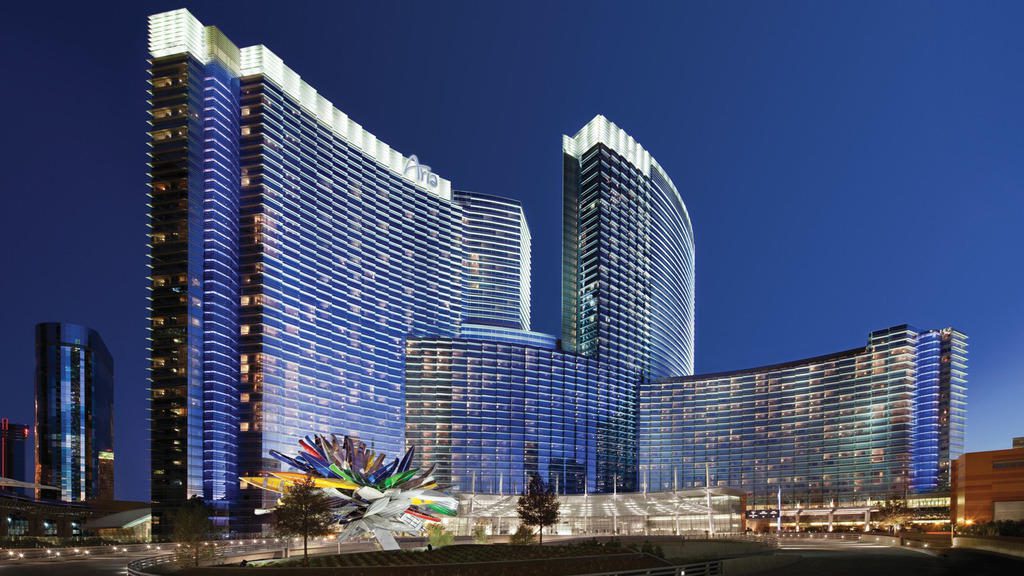
The hotel industry has always contributed largely in terms of revenue for any healthy economy. The modern hotel industry in 1960 valued around $3 Billion, which crossed the mark of $25 Billion in the year 1990. These numbers went down due to attacks of 9/11 and recession in the early 2000s. But the industry and its people stood strong and got back its lost pace soon in the new decade. Today, the hotel industry is worth more than $500 Billion providing jobs to 4.5 million people.
Creating a positive hospitality experience encompasses a variety of specific elements that cater directly to the needs and expectations of guests. An efficient booking system is essential, as it streamlines the reservation process, making it quick and effortless, which can greatly influence a guest’s decision to book. Cleanliness is equally critical, as it ensures guests feel comfortable and secure in their environment. Anticipating and swiftly responding to customer requests can significantly enhance guest satisfaction, showing attentiveness and readiness to serve. Modern guests expect rapid services, especially during check-ins and bookings, reflecting the importance of timeliness in operations. Exceptional customer service is expected to be adaptive, with staff being helpful yet discreet as required. Amenities play a crucial role, with guests seeking not just basic facilities but also those that provide additional comfort, convenience, and entertainment. Local knowledge shared by the hospitality staff can greatly enrich a guest’s experience, offering them insights and recommendations about the surrounding area. A strong online presence, which includes an informative and user-friendly website along with active social media, is vital for engaging with guests before and after their stay. Lastly, technological advancements such as mobile room keys enhance the convenience of the guest experience, allowing for seamless and efficient room access. Each of these elements, when executed well, contribute significantly to a memorable and pleasant stay for guests.
ABOUT US
Russell and Dawson has worked with hotel developers/owners for the new development, conversion, or renovation projects for prestigious brands like IHG (40+ projects), Marriott (45+ projects), Hilton (65+ projects), Carlson Group (4 Projects), Best Western (15+ projects), Hyatt, and independent brands in the northeast region and overseas – India, UAE (Dubai), Sri Lanka, Egypt, Bahrain and Brunei. Our extensive experience has equipped us with a deep understanding of what contributes to a positive hospitality experience for guests.
We at Russell and Dawson feel extremely proud of being associated with the hospitality industry. Founded in the year 1965, Russell and Dawson is a client-first company which has been providing architecture, engineering and construction services nationally and internationally for more than 50 years now. From the first hospitality project in the year 1982, we have provided various services to more than 245+ hospitality projects so far.
Since 1965, Russell and Dawson have been meeting and exceeding the expectations of our clients. If you would like to learn more about the incredible benefits of our hotel design-build service and connect with architectural experts regarding your next construction project, please call or contact us today!
